A Scope of Enchantment to the Lonely
K. Satchidanandan’s latest collection of love poems will make you explore the alleys of expectations and silent demands.
K. Satchidanandan is no stranger to literary circles. One of the most well-recognized faces of contemporary Indian poetry, he is a distinguished scholar of literature. His native Malayalam and English works represent a generation of poetry that inspired many others to pick up the pen. The skill required to write in bilingual form is a feat only a few others have achieved.
In The Whispering Tree, Satchidanandan has documented his most extensive memories of love and parting. The poems work as images, giving the reader a glance into the intimate world of entwined bodies. There is beauty in this bareness, truth in this recollection.
A man looking back on his past has been a theme in poetry for as long as the art has existed, but to present love in a form so stripped of literary walls is a daring act of passion. Like the past emperors, Satchidanandan attempts to build a testimony so profound that it remains etched in the memory of those who read it.
“I sit in meditation / filling my ears with molten bronze / so that the world’s noises may / cease one by one until / only your anklet-like laughter remains”—reads a line from the poem “After We Parted,” where Satchidanandan empties onto the page a narration of estrangement.
Filled with a thorough romantic’s emotional capacities, The Whispering Tree is a book of poems that readers of love poems would love to indulge in. The vast poetry styles explored in the book, and experience replicating a journey through lovers’ lives provide a scope of enchantment to the lonely.
Satchidanandan’s experience of love is best captured in the poem “First Love,” where he compares young love with the lively agility of a rabbit. “Taming it is not easy / It flees into hiding before / you stretch your hands”—reads a line from the poem, expressing a view that many readers will relate to. Soon enough, love receives an unwanted halt—“a frozen tear-drop,” says the poet, is all that remains of the rabbit!
In verses like “Helpless” and “How Love Dies These Days,” the flavor of writing represents what Wolfgang Kubin describes as the ‘cosmopolitan’ approach of Satchidanandan. He combines references to Hindu culture in the English lyric. This establishes itself as another reason to read this book of poems.
The Hindu remarks that the poems in this collection can “shock one out of one’s complacency long after one has finished reading them.” With this statement, few can differ, making The Whispering Tree a collection that provides unapologetic clarity into the often illusory world of love.
Browse Our Catalogue
- Bags2 products
- Bengali179 products
- Fiction40 products
- Journal2 products
- Memoir2 products
- Nonfiction42 products
- Poetry92 products
- English180 products
- Drama1 product
- Fiction27 products
- Journal3 products
- Literary Criticism6 products
- Memoir6 products
- Nonfiction19 products
- Poetry129 products
- Sanskrit1 product
Recent Posts
Recent Comments
Amazing works by our Country’s poets
Excellent compilation. A fabulous snapshot of the poetry scene
Wonderful book, a beautiful collection of poems. The book is a treat for the poetry lovers

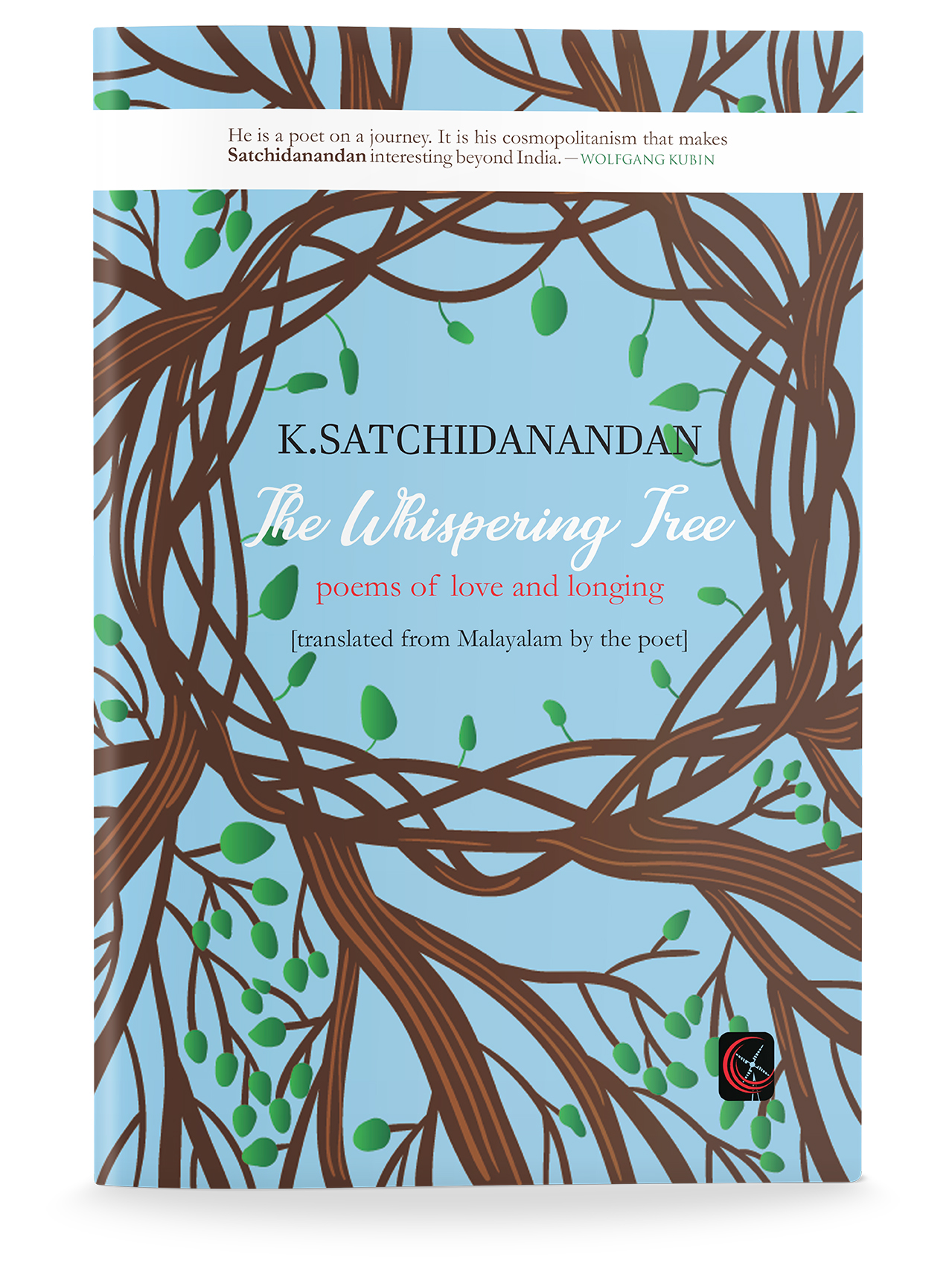
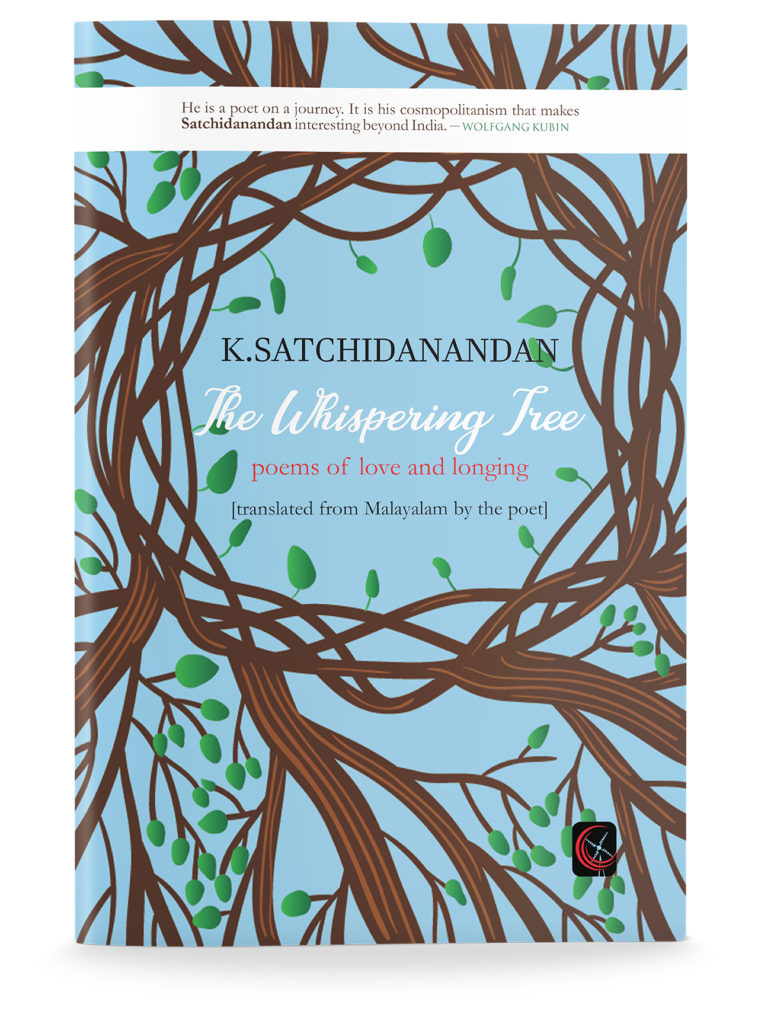
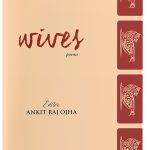
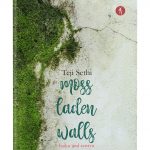
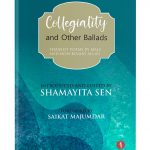
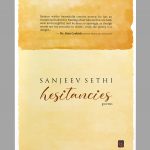
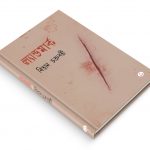
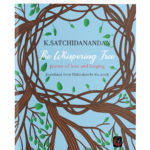
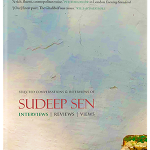
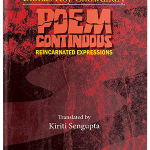
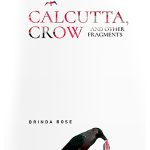
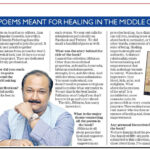

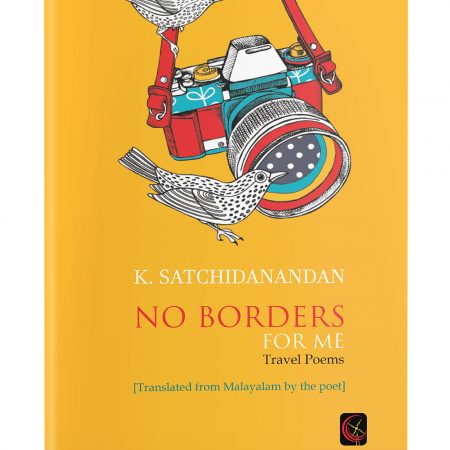
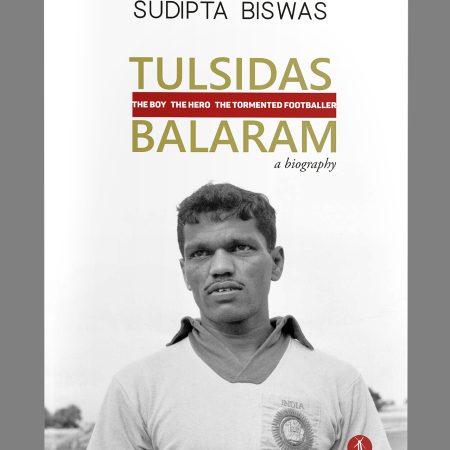
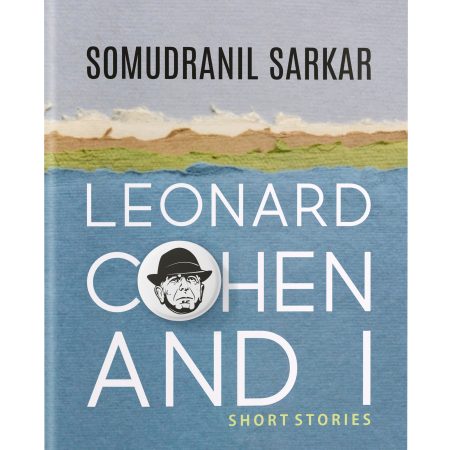
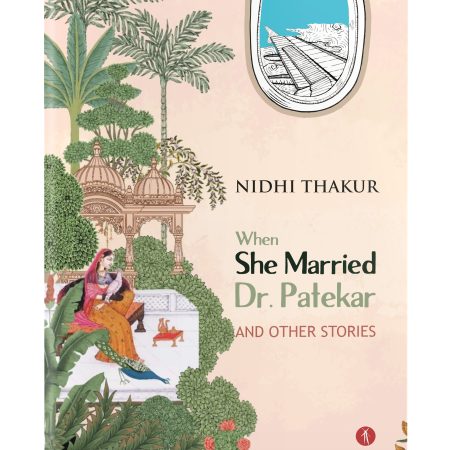
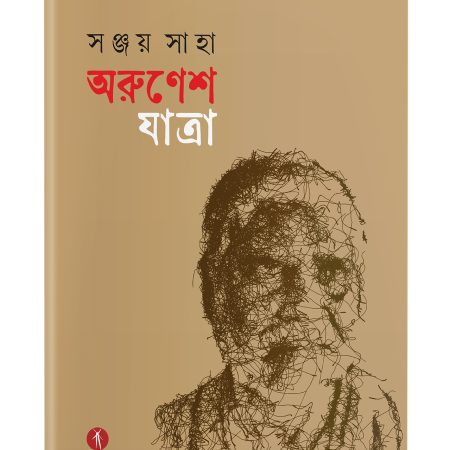
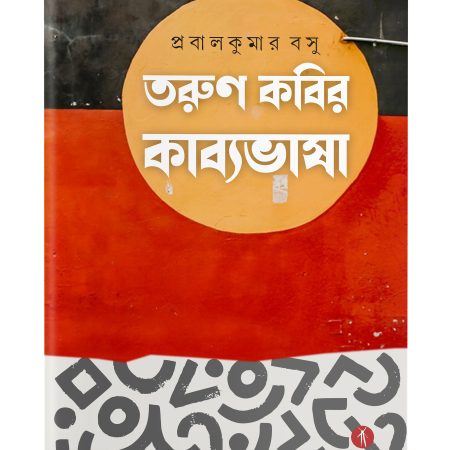
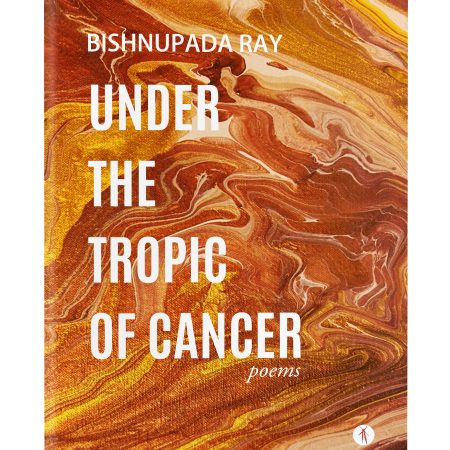
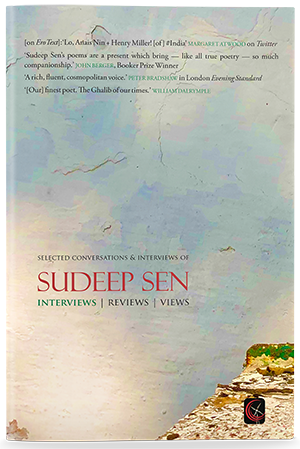
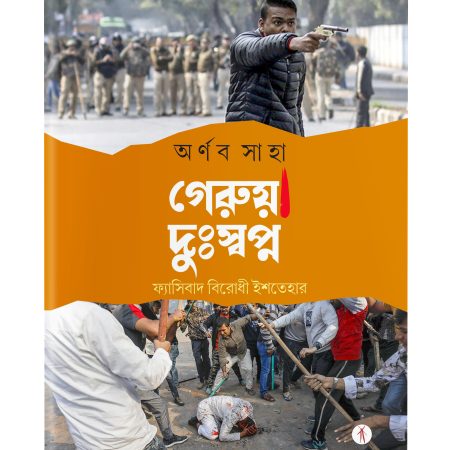
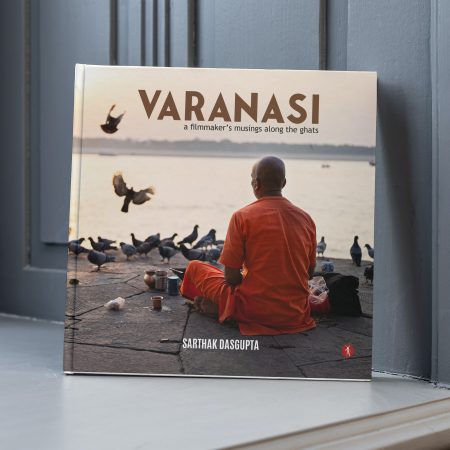
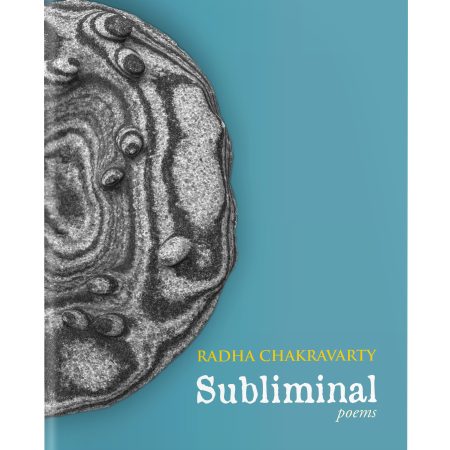
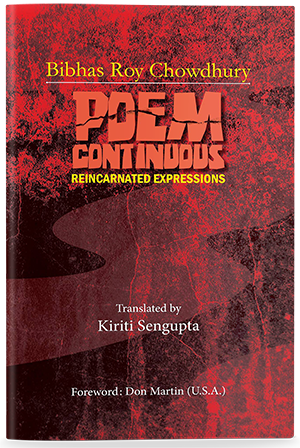
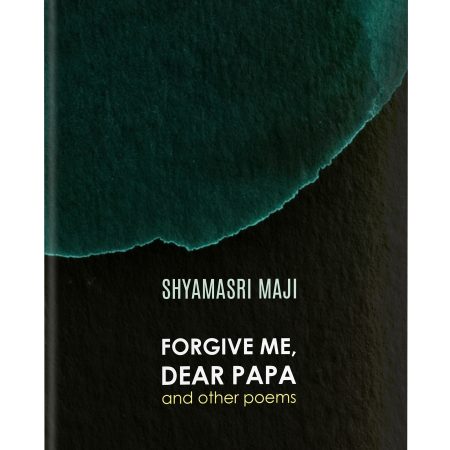
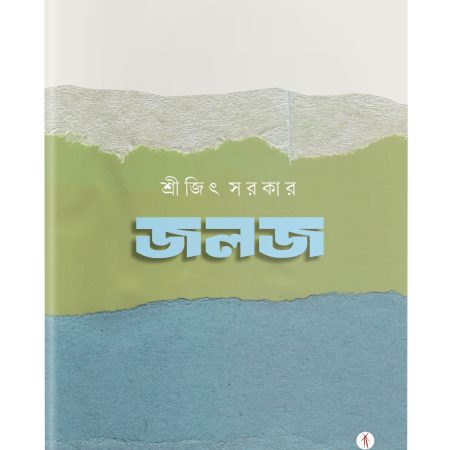
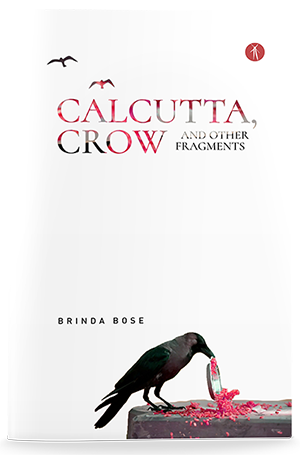
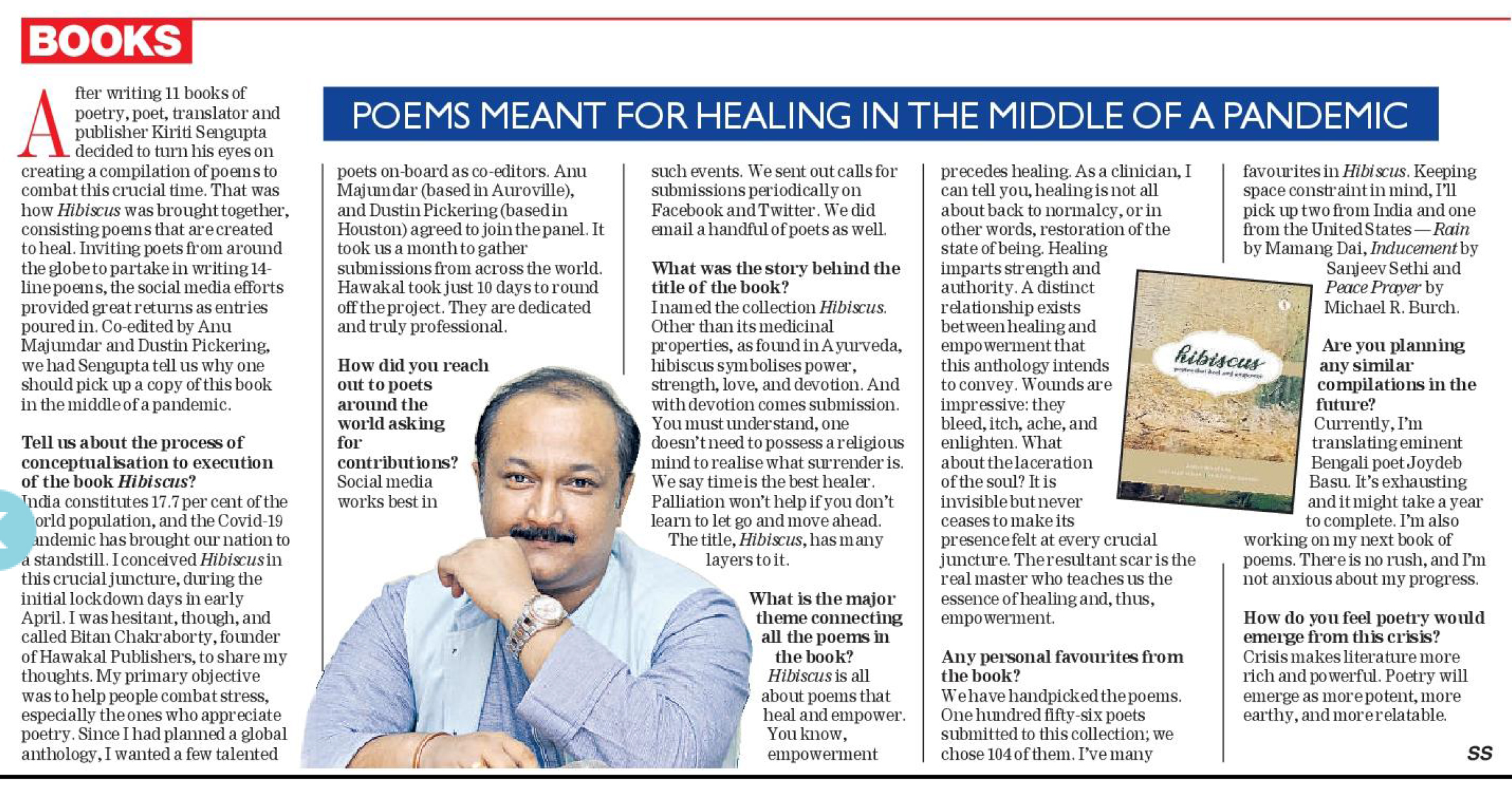
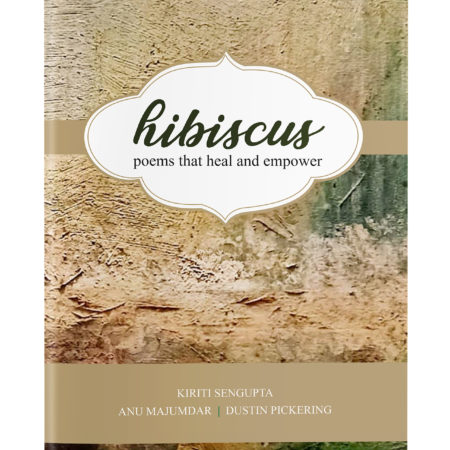
Very good and informative book